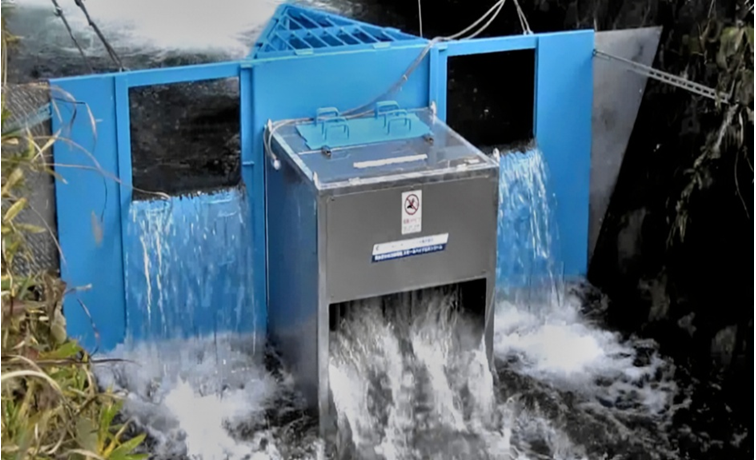INP-WealthPk
Amir Saeed
Micro-hydro power projects (MHPPs) are transforming Pakistan’s rural energy landscape by providing affordable and sustainable electricity to the remote communities.

Talking to WealthPK, Masood ul Mulk, Chief Executive Officer of Sarhad Rural Support Program (SRSP), emphasized the importance of community engagement for the success of micro-hydro power projects. These projects generate up to 2MW electricity at highly affordable rates – PKR5 per unit for domestic users and PKR8 per unit for commercial users. This pricing model has saved the communities an estimated PKR168 million over five years compared to the national grid costs.
Masood also emphasized the need for stronger institutional collaboration and policy support to enhance the scalability of microgrids in the country. However, challenges such as high costs and limited financial viability hinder their accessibility for end consumers. To address these issues, he proposed integrating hybrid battery solutions, particularly for winter months, to ensure reliability.
Additionally, he suggested that the country should incorporate microgrids into its Nationally Determined Contributions (NDCs) to attract climate finance and learn from successful regional models. Talking to WealthPK, Safdar Hayat, Deputy Director of Renewable Energy at Pakhtunkhwa Energy Development Organization (PEDO), highlighted the ongoing efforts to integrate the solar PV hybrid models with MHPPs to improve scalability and reliability.
“PEDO has been instrumental in advancing renewable energy in Khyber Pakhtunkhwa (KP), operating 13 mini/micro hydro projects and developing a 6.95MW hydro project that supports small industries. These efforts demonstrate the potential of hybrid models to enhance energy access while fostering industrial growth in rural areas,’’ he said.
Masood added that the impact of these projects extended beyond energy generation. They have transformed lives by enabling children to study under electric light, improving household chores like washing clothes, and supporting small businesses. “Community involvement has been a cornerstone of their success, with local populations contributing labor and resources, fostering a sense of ownership that ensures long-term sustainability.’’
He lamented that despite their promise, the MHPPs faced significant challenges, including high initial costs, scalability issues, and lack of technical expertise. Addressing these barriers through innovative solutions like hybrid systems and policy reforms could unlock their full potential, making them a cornerstone of the country’s sustainable energy future.
Credit: INP-WealthPk




